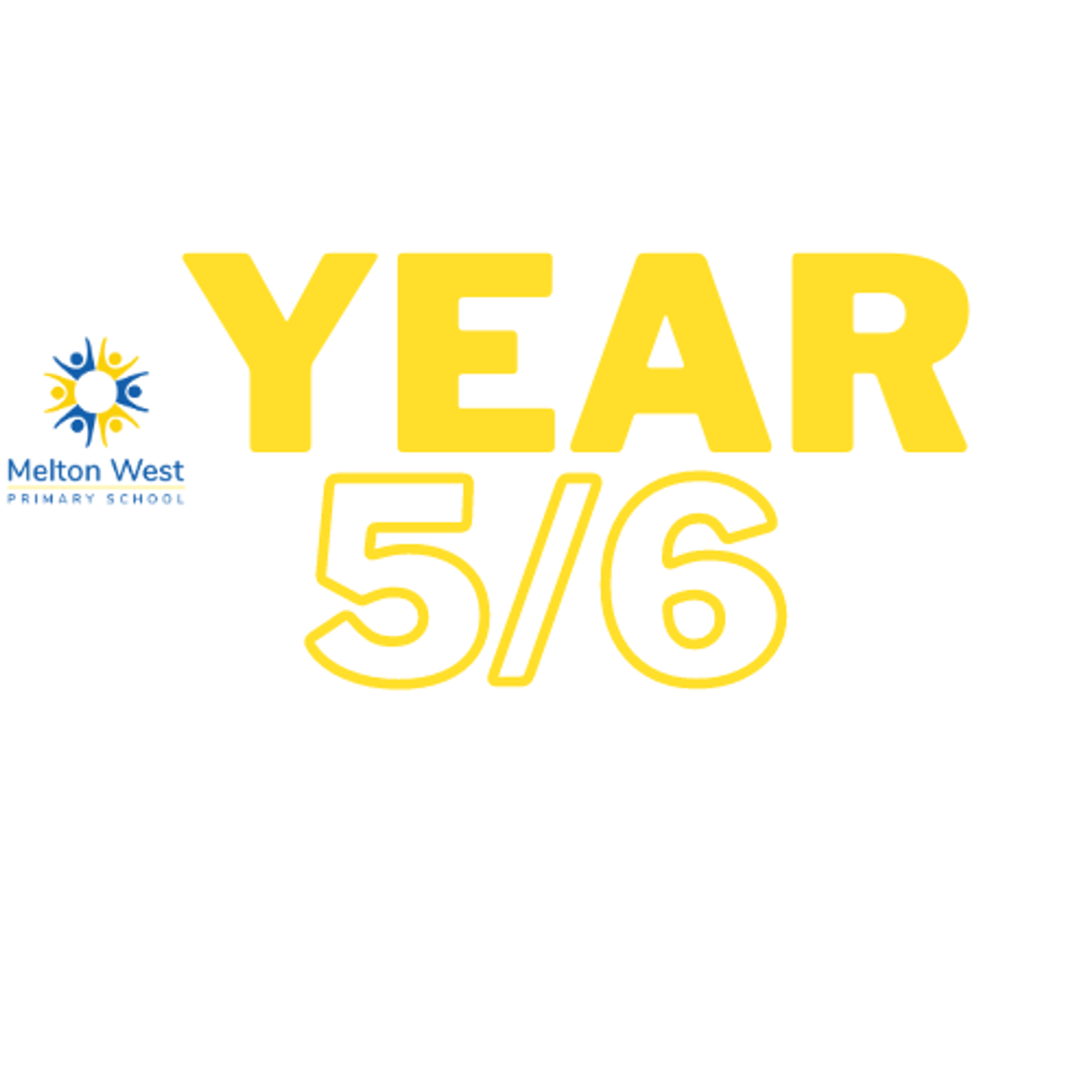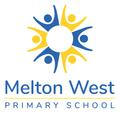Year 5/6 News

English
Reading
This term in reading the 5/6 students will be continuing their work on summarising the important parts of texts in a sequenced way. They will continue utilising the ‘shrink and summarise’ method where they first identify the important nouns and verbs from the text, sequence these words in order and then use these words to create summary paragraphs for the beginning, middle and end. After finishing off our summarising unit, the students will then move into the major focus on synthesising. The students will begin the week with synthesising the information that they read from a text and will then finish off the week by further developing their questioning skills while reading. This pattern will continue across the term. Throughout the synthesising unit, the students will be practising combining their existing content knowledge with the new information they have learned from the text to create new understandings. They will practise expressing and recording the changes in their ideas and perspectives through reading a range of fiction and non fiction texts. Throughout the questioning unit, the students will be honing in on their ability to ask questions before, during, and after reading to clarify content. They will investigate the answers to their questions, evaluate whether their questions are important to understanding the text and question the credibility of the information that they are reviewing.
Writing
This term in Writing, the grade 5/6 students will begin with their major unit on ‘Narratives’. They will begin with developing a plan for their narratives where they will think about what the purpose is, who the audience is and explore a possible theme. They will have the opportunity to plan and write a beginning; which includes a hook to interest readers, well developed characters, and settings, a middle; which includes a series of sequenced events and a problem, and lastly an end; which includes a resolution to solve the problem. Throughout their writing they will be encouraged to organise their ideas using paragraphs, while thinking about their grammar, punctuation and spelling. Language devices they will also be encouraged to explore includes appropriate dialogue to show when a character is speaking, expanding their word choices to include vivid vocabulary to help the reader visualise, figurative speech such as similes and metaphors, and plot devices such as cliffhangers and flashbacks. After this unit, grade 5/6 students will then begin their minor unit on ‘Poetry’. Students will investigate different forms of poetry to understand their meaning and structure, which will support them with writing poetry in a range of forms. Students will learn to use a range of poetic devices such as repetition, similes, rhyme, alliteration and personification. Lastly they will be encouraged to select vocabulary that vividly and precisely conveys images, feelings, mood and tone.
Mathematics
This term grade 5/6 students will be exploring a variety of units in Mathematics. Multiplication and division is our major unit topic. During the unit students will explore mental strategies for multiplication and division such as the doubling and halving strategy, the split strategy and multiplying and dividing by ten. In addition, the exploration of a variety of methods to solve multiplicative and division problems will be explored by grade 5/6 students. Students will then use their knowledge of factors and multiples to explore tests of divisibility. The minor units that students will explore in mathematics are mass, area and location. In Mass, grade 5/6 students will explore the use of appropriate weighing devices to compare units of mass and convert units of mass. In addition, 5/6 students will also explore various strategies for multiplication division of decimals by powers of 10. In the area unit, grade 56 students will familairise themselves with the terminology of area and surface area. During the area unit, grade 56 students will explore strategies in finding the area of a rectangle and efficient strategies to find the area of composite shapes. Finally, in our location unit, grade 5/6 students will learn the use of directional language to give directions from one location to another and utilise these skills to explore grid references using regions and identify the plot of position on a grid using letter and number alongside.
Inquiry
This term in Inquiry, the grade 5/6 students will be exploring a History unit titled ‘Bound for Botany Bay’. During the unit the students will be exploring the significant events and people that have impacted on the early development of Australia. They will be beginning the unit by tuning into the life of the convict and will then move into the ‘finding out’ and ‘sorting out’ phase of the inquiry where they will explore the people who came to Australia and the reasons for why they came. During this phase the students will also explore how the Australian colonies developed over time and how the colonial settlement changed the environment. The students will then determine how Australia became a nation and the contribution that significant individuals made to the development of Australian society. The students will then delve deeper into the areas that interest them the most and then finish the unit by presenting their understanding of a significant event. They will explore the impact that this event had had specifically on an individual or group or how an individual or group of people inspired change. The students will get to select how they want to present their information, whether it is in the form of a Google Slide presentation, poster or diorama. They will then have opportunities to share their learnings with the class through individual reflections, peer discussions and whole class presentations.
Science
During Science in Term 3, students will be learning about the Physical Sciences, in particular ‘Light’. The prioritised standard that students will be working towards is: Light from a source forms shadows and can be absorbed, reflected and refracted. They will be learning about classifying materials as transparent, opaque or translucent based on the extent to which light passes through them or is absorbed, exploring the use of mirrors to demonstrate the reflection of light, recognising the refraction of light at the surfaces of different transparent materials, identifying that the colour of an object depends on the properties of the object and the colour of the light source, drawing simple ray diagrams to the paths of light from a source to the eyes. Throughout this unit, students will be utilising their Science inquiry skills and actively participating in experiments where they will be developing a hypothesis, identifying the variables, following a method, recording results in various ways, discussing results using scientific vocabulary and drawing conclusions.
LOTE - AUSLAN
During Term 2 2022 in Auslan, lessons will increase to twice a week. The Year 5/6 students learnt about:
- Deaf Culture
- Feelings
- Greeting and Questions
- Around the House
- Sea Animals
- Days of the Week and Months of the Year
- Numbers 1-100 (using their dominant/writing hand)
- Weather
- Fruit
- Zoo Animals
- Wh Questions
- Handshapes, HOLM+ NMF (Handshapes, Orientation, Location, Movement and Non-Manual Features)
- Feelings (extending on previous learning about feelings)
- About Me
- Clothing
- Medical/Health
The final week will focus on revision and celebrating our learning. The Auslan signs for these topics are core learning, which will be extended in future lessons. Lessons will consist of explicit teaching through videos, supported by activities, games, stories, poems and group practice. Learning Auslan will involve both expressive (signing) and receptive
understanding skills (reading back what others’ sign), hence lesson activities continue to
develop these skills. At this level, the students will work in the whole group, organised by the
teacher and start activities in pairs or small groups with guidance. The expectation regarding
non-voicing and use of phrases, asking and answering questions, continues to be a focus for students. Reflecting on their learning, gives students ‘ownership’, providing them with the opportunity to ‘take charge’ and improve their learning. Students will have increased content in each lesson, whilst extending their previous learning and expanding with new topics. They will combine new signs with known signs (phrases), revising and building their ability to communicate in Auslan. They will learn strategies for communicating in Auslan when they don’t know the signs –gesture, facial expression, Fingerspelling and mime (Constructed Action).The activities will continue to encourage the students to practise and move towards small group/partner practise, with increasing confidence and
independence.
Art
Welcome to Art term 3, this term will be an exciting journey for grade 5/6 students as they explore the unique styles of famous artists like Pablo Picasso and Wassily Kandinsky. The term will kick off with an in-depth look at Picasso's cubism, leading students to create their own portraits in this distinctive style. Following that, students will immerse themselves in Kandinsky's abstract art, using monochromatic and primary colors to craft their own abstract pieces. Towards the end of the term, students will focus on shading techniques and zentangle line work to further develop their artistic skills. Get ready for a creative and inspiring term 3 with the grade 5/6 students!
P.E.
This will be a busy term for the grade 5/6 students with multiple inter school events running throughout the term. The sports for this term are basketball and athletics. We wish all students who will represent the school all the best and hope they have fun, play fair and have every success in their chosen sport.
In addition to these fantastic interschool opportunities there will be much learning taking place for the students in 5/6, firstly students will begin the term with basketball. Students will take a games-based approach for this sport and be able to engage and play in 3 v 3 games and full 5 v 5 competition games. During this unit students will continue to develop their skills for the game of basketball and be able to participate in playing actual games. Students will try to use strategy in the game of basketball and work in teams to solve problems, they will also be able to showcase the skills required to play which are throwing, catching, bouncing, and shooting a basketball. After completing this unit, the 5/6 students will move to focus on the sport of rugby. They will again take a games-based approach to their learning and play in modified games of tag rugby. This will allow all students the opportunity to try the sport and develop their skills. The key skill areas that will be worked on are throwing, catching, dodging and change of speed. This term should be so exciting for the 5/6 students with so many opportunities in sport for each student. I cannot wait for all the interschool sport events that will take place and learning that we will complete each week.


